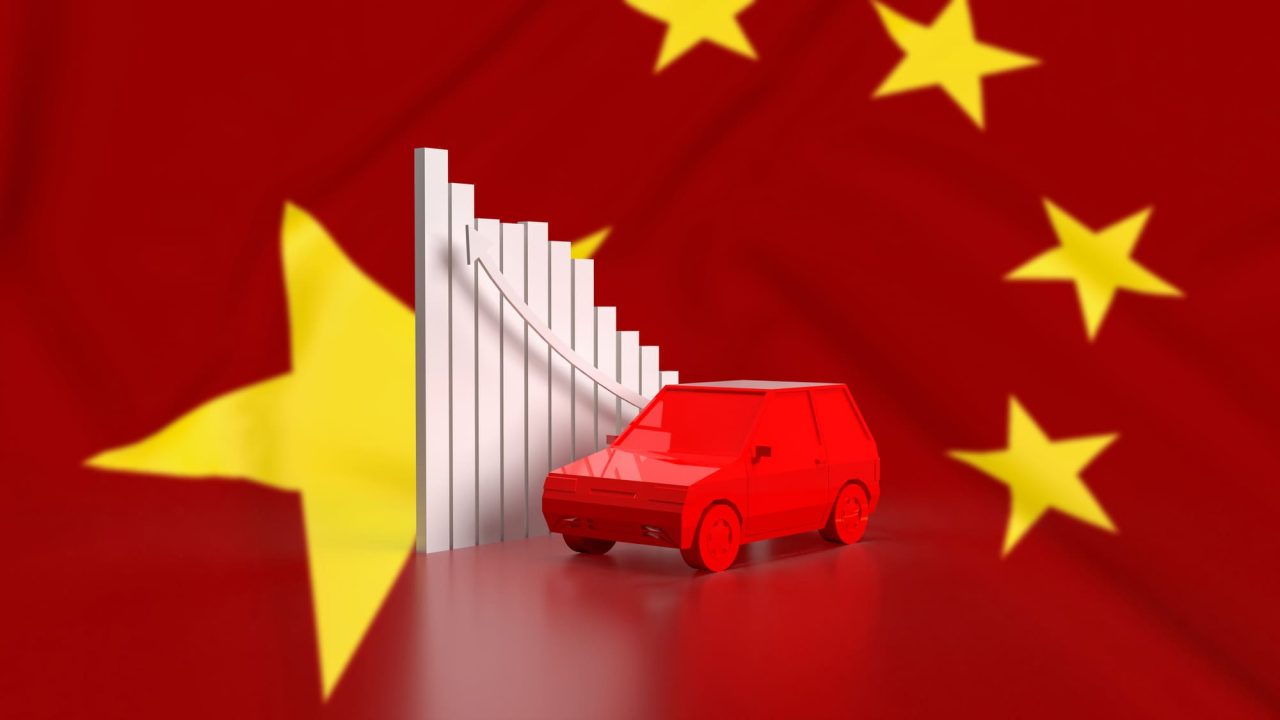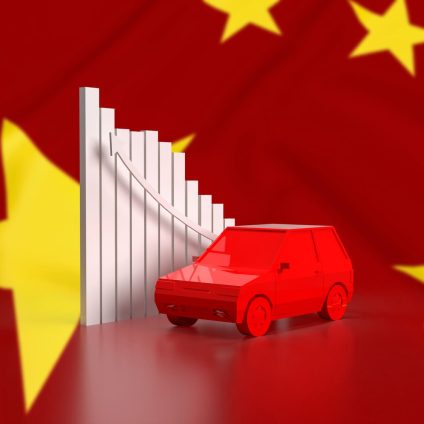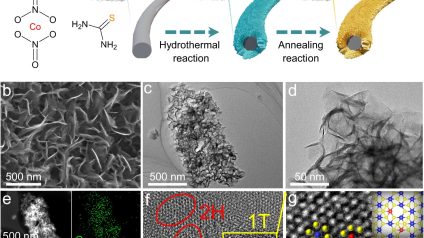As part of the anti-subsidy investigation, the European Commission has updated decisions on EU tariffs on Chinese electric car imports by reducing the percentages.
The biggest gains go to Tesla that going from 20.8% to 9%
The European Commission has once again corrected the EU tariffs on electric cars produced in China set on 4 July. The battle on imports of battery electric vehicles from China began in September 2023 with the launching of the anti-subsidy investigation and the publication of the first provisional compensatory duties to deal with practices deemed unfair in terms of Beijing’s competitive advantages. The draft published yesterday reflects the concerned parties’ comments after a series of investigative phases and opens a second interim procedural phase.
What changes compared to July in tariffs on imports of Chinese BEVs
As the EU Commission also recalls, this latter draft is not final, but may be amended according to further considerations of the parties concerned.
Compared to the compensatory duties that came into force on 5 July, the changes are as follows:
- BYD: 17,0% (in July it was 17,4%)
- Geely: 19.3% (in July it was 19.9%)
- SAIC: 36.3% (in July it was 37.6%)
For the other Chinese BEV manufacturers that collaborated with the EU investigation, tariffs on imports of battery electric vehicles from China are increased to 21.3%.
Meanwhile, for the other companies that have not cooperated, the customs tariffs go to 36.3%.
It also introduced the possibility of benefiting from a lower tariff for Chinese exporters and for certain joint ventures with EU producers that were not yet exporting at the time of the IP. Furthermore, the EU Commission specifies that tariffs on imports of Chinese electric cars cannot be collected retroactively.
At Tesla the best treatment
The American Tesla receives the best treatment, which goes from a 20.8% percentage to a much more restricted 9%.
The Texan producer requested and obtained the recalculation after informing the EU Commission of the lower amount of subsidies received by the company from Beijing than initially estimated.
Numerous repercussions affected imports of Chinese electric cars, which had registered a boom in June. July saw an inevitable collapse, with the number of registered Chinese BEVs in the EU down by 45% for automakers such as BYD and MG Motor.
The interested parties will now have the opportunity to express their views within 10 days. After that time, considering the comments collected, the European Commission will present its final determination to the Member States, who will vote on it. At that point, the outcome will be binding and tariffs on imports of Chinese electric cars will have to be imposed within four months. A Commission Implementing Regulation including the definitive findings in the investigation will be published in the Official Journal by 30 October 2024, at the latest (within maximum 13 months of initiation).
All the measures envisaged will be in force for 5 years, which can be extended upon reasoned request and subsequent revision.
Download the draft final findings of the anti-subsidy investigation into imports of BEVs from China.













